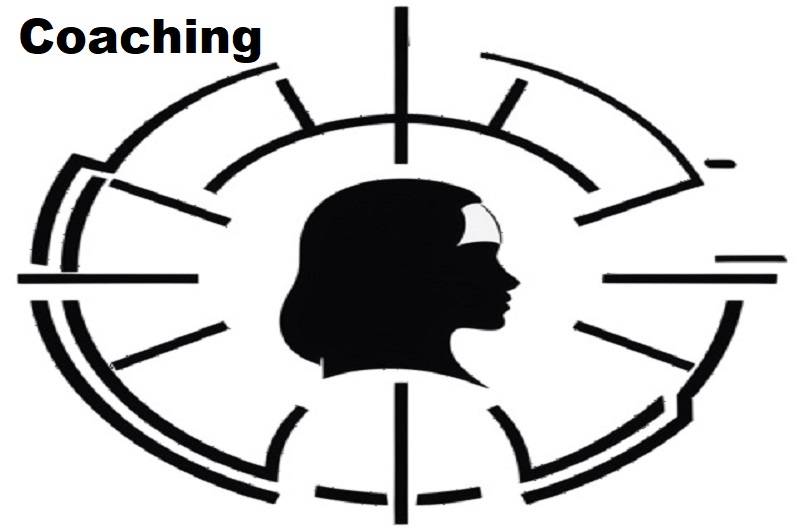[Featured] What is Coaching? (and what is not)
Coaching is about helping someone achieve their goals. Let's understand what it means and how coaching differs from other helping modalities.
[Jorge Valdenegro, Lorenzo Conti] · 815 words · 4 min read · Aug 22, 2023
At its core essence, coaching is helping another person to unlock their potential and achieve their personal and professional goals.
According to the International Coaching Federation (ICF):
Coaching is partnering with clients in a thought-provoking and creative process that inspires them to maximize their personal and professional potential.
ICF is the coaching industry’s governing body. It sets standards, core competencies, and a code of ethics for coaching and training institutions.
Partnering
Coaching is a partnership between the coach and the client, where both work together to achieve the client’s goals.
The coach acts as a supportive partner, fostering a safe and respectful environment, and facilitates the client’s self-discovery by providing powerful questions, active listening, and feedback as needed. The client takes ownership of their growth setting the direction and making decisions. This partnership respects the client’s autonomy and confidentiality, adhering to the highest ethical standards.
Thought-provoking and creative process
Coaching is a process that helps clients to think more deeply and creatively about their personal and professional goals.
The coach may use a variety of techniques and tools to help the client explore their thoughts, feelings, and beliefs, and to identify any limiting beliefs or patterns that may be holding them back. The goal is to help the client gain a new perspective and generate fresh ideas that can lead to positive and sustainable change.
Maximizing personal and professional potential
Coaching is ultimately about helping clients to achieve their full potential, both personally and professionally.
The coach supports the client in setting clear and achievable goals and helps them to develop strategies and action plans to reach those goals.
Through the coaching process, the client gains greater self-awareness, builds new skills and strengths, and learns to overcome obstacles and challenges that may have held them back in the past. By maximizing their potential, clients can achieve greater success, fulfillment, and happiness in all areas of their life.
What Coaching isn’t
Coaching is not therapy
Therapy examines the past to help a client cope with the present. Coaching builds on the present to create the future.
Coaching is not training
Training programs are based on objectives set out by the trainer or instructor. Coaching is about guiding individuals or groups as they set and reach their own objectives. Unlike training, there is no linear path or established curriculum; it is less linear and more organic.
Coaching is not consulting
A consultant is an experts who will diagnose problems and prescribe and, sometimes, implement solutions. A coach does not tell a client what to do but rather facilitates the client in discovering their own answers.
Coaching is not mentoring
A mentor is an expert who provides wisdom and guidance based on his or her own experience and says, “follow me”. A coach reveals where the client is standing on the map and asks, “where shall we go next?”
Coaching is not a best friend
A best friend has opinions and an agenda. A coach has a process.
Does Coaching work?
Professional coaching unlocks latent productivity for professionals, leading to a reported 70% performance improvement according to an ICF report. Amid workplace negativity, coaching boosts self-confidence, aiding employees in navigating challenges and maintaining positivity.
An ICF study indicates an 86% success rate in recouping investment for companies investing in coaching, as coaching fosters forward thinking and measurable outcomes.
Likewise, the report notes a 99% satisfaction rate among clients engaging certified coaches, potentially explaining the rapid growth of the life coaching industry.
( Ref. ICF Global Coaching Study
)
ICF Code of Ethics
The ICF Code of Ethics describes the core values of the International Coaching Federation (ICF Core Values), and ethical principles and ethical standards of behavior for all ICF Professionals. Meeting these ICF ethical standards of behavior is the first of the ICF core coaching competencies (ICF Core Competencies). That is “Demonstrates ethical practice: understands and consistently applies coaching ethics and standards.”
The ICF Code of Ethics serves to uphold the integrity of ICF and the global coaching profession by:
- Setting standards of conduct consistent with ICF core values and ethical principles.
- Guiding ethical reflection, education, and decision-making
- Adjudicating and preserving ICF coach standards through the ICF Ethical Conduct Review (ECR) process
- Providing the basis for ICF ethics training in ICF-accredited programs
…
ICF Professionals who accept the Code of Ethics strive to be ethical, even when doing so involves making difficult decisions or acting courageously.
…
As an ICF Professional, in accordance with the Standards of the ICF Code of Ethics, I acknowledge and agree to fulfill my ethical and legal obligations to my coaching Client(s), Sponsor(s), colleagues and to the public at large.
( Ref. ICF Code of Ethics )
What’s next?
If you’re ready to take your leadership to the next level, Leadership Boot offers a free discovery call to learn more about how coaching can help you get there!
Book your discovery call